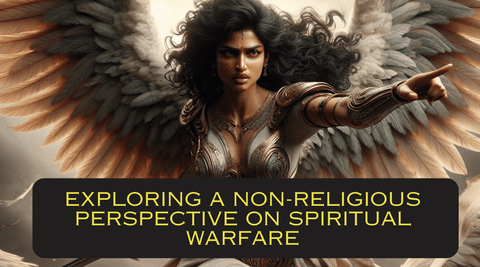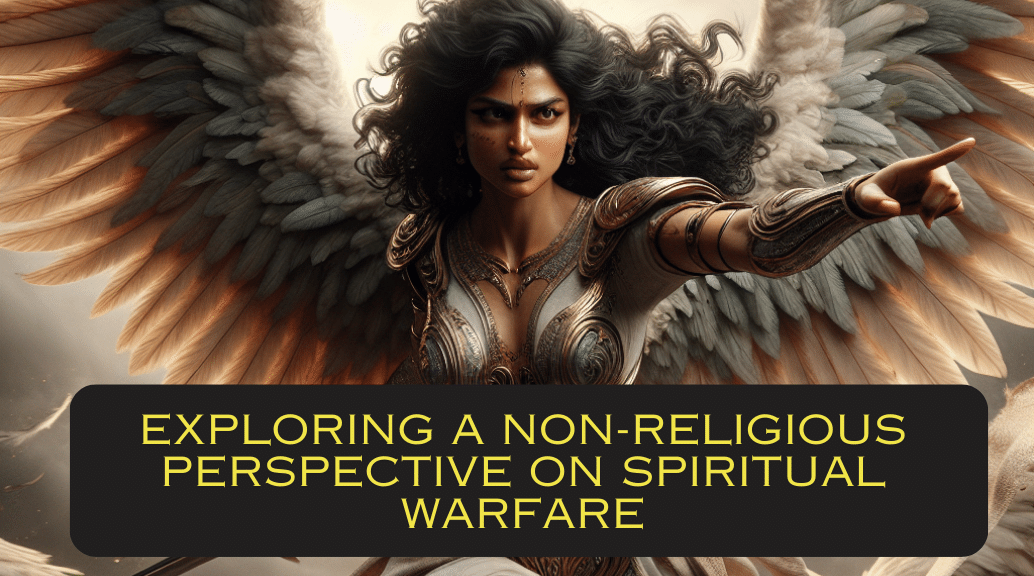
While spiritual warfare is often discussed within the context of religious beliefs, it is possible to explore this intriguing concept from a non-religious standpoint. In this article, we will delve into a non-religious look at spiritual warfare, examining alternative interpretations and perspectives that shed light on the profound human experiences often associated with this cosmic battle.
1. The Inner Struggle:
From a non-religious perspective, spiritual warfare can be seen as an inner struggle within individuals. It represents the ongoing battle between different aspects of human nature, such as reason and emotion, ego and selflessness, or personal desires and ethical considerations. This interpretation emphasizes the internal conflicts that arise as individuals navigate the complexities of life, seeking meaning, purpose, and personal growth.
2. Psychological and Emotional Challenges:
Non-religious perspectives on spiritual warfare often focus on the psychological and emotional challenges faced by individuals. These challenges can manifest in the form of anxiety, depression, addiction, or other mental health issues. Spiritual warfare, in this context, becomes a metaphor for the struggles individuals face in finding psychological balance, healing, and inner peace.
3. Existential Questions:
Spiritual warfare can also be viewed from an existential lens. Non-religious individuals may confront questions about the meaning of life, the nature of existence, and the search for personal identity. Spiritual warfare, in this context, represents the quest for self-discovery, authenticity, and a sense of purpose in a vast and often bewildering universe.
4. Ethical Dilemmas and Moral Choices:
Non-religious perspectives on spiritual warfare can also encompass ethical dilemmas and moral choices. Individuals may face conflicts between their personal values and societal expectations, or grapple with the consequences of their actions in a complex world. Spiritual warfare, in this context, reflects the ongoing battle to make ethical decisions and strive for personal integrity in the face of external pressures.
5. Transcendence and Self-Transcendence:
Non-religious interpretations of spiritual warfare may focus on the pursuit of transcendence and self-transcendence. Rather than attributing this to a higher power or divine forces, individuals seek to surpass their own limitations and connect with something greater than themselves. Spiritual warfare then becomes an inner journey towards self-realization, personal growth, and the exploration of deeper dimensions of human consciousness.

A non-religious look at spiritual warfare offers alternative perspectives on the profound human experiences that are often associated with this concept. By emphasizing the inner struggle, psychological challenges, existential questions, ethical dilemmas, and the pursuit of transcendence, individuals can explore the depths of their own humanity and navigate the complexities of life. Regardless of religious beliefs, spiritual warfare serves as a metaphorical framework to understand and address the universal human quest for meaning, self-discovery, and personal growth.



Leave a comment